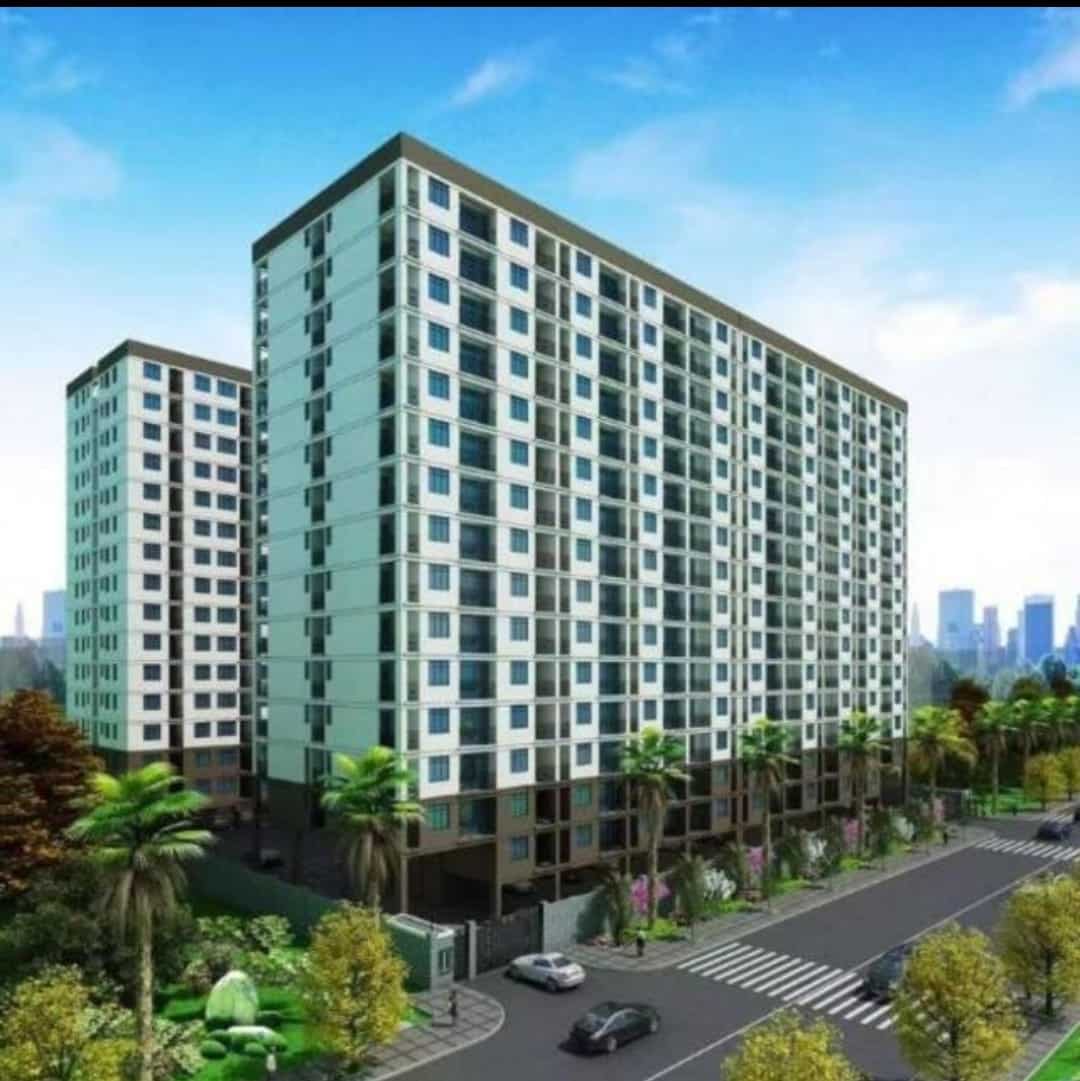Navigating Nairobi Real Estate: Estates Restricting Bedsitters
The Pulsating Nairobi Real Estate Scene
Nairobi, the vibrant heart of Kenya, boasts one of the most dynamic real estate industries in Africa. Yet, it’s also renowned for being among the most expensive, making housing accessibility a crucial concern. The government has stepped in, initiating affordable housing projects to address the escalating demand. However, an intriguing development has surfaced — certain Nairobi estates are imposing restrictions on the construction of bedsitters and single-room apartments.
Bedsitters: The Affordable Housing Trend
Bedsitters and studio apartments have become increasingly popular in Nairobi. These compact living spaces cater to residents seeking affordability in rent while ensuring they reside in their preferred neighborhoods. With the surging demand for housing in the city, ownership associations have taken a stand, formulating guidelines to regulate the types of houses constructed, particularly bedsitters and single-room flats.
Estate Guidelines to Preserve Identity
In a bid to enhance the value of land in their neighborhoods, several Nairobi estates have implemented guidelines restricting the construction of certain types of houses. Notably, some go beyond and even bar the construction of one-bedroom apartments. Zipporah Kirungu, Sales Manager at Fanaka Real Estate, revealed that these guidelines aim to maintain the aesthetic and identity of the estates.
Residential Associations as Enforcers
Estates such as Runda, Kitisuru, Syokimau, Kilimani, Karen, Kileleshwa, and Upper Hill rely on residential associations to enforce these directives. When acquiring land in these estates, developers and buyers must sign purchase agreements with residential associations. These agreements delineate the approved designs for houses within the area. The aim is not only to maintain a certain architectural standard but also to limit buyers to specific income categories.
Challenges and Solutions
These estate-driven regulations are not solely about aesthetics; they also aim to prevent the emergence of slums and low-income developments often associated with increased criminal incidents. Many densely populated estates in Nairobi face challenges such as poor infrastructure, inadequate amenities, and social facilities. By imposing land and housing regulations, these estates strive to uphold their ambiance and avoid such issues.
Legal Battles and Government Intervention
Estate associations, like Runda Residents Association and Karen Residents Association, have engaged in legal battles with developers to preserve the prestige of their homes. Notably, in January 2022, Nairobi Metropolitan Services (NMS) halted the construction of 870 bedsitter units in Kilimani. The move was prompted by concerns over the project’s compliance with zoning policies and potential strain on utilities and amenities.
The Importance of Understanding Estate Policies
Christine Wakanyi, Head of Customer Experience at Optiven Limited, emphasizes the need for buyers and developers to understand the policies of a given estate before acquiring land. This understanding can prevent conflicts with residents and ensure a harmonious coexistence. The distinction between building a gated community for family-oriented homes and other types of developments is crucial.
Mixed Reactions and Calls for Reform
The restrictions imposed by some Nairobi estates have garnered mixed reactions. Wilson Mugambi, President of the Architectural Association of Kenya, calls for a revision of policies to allow for the development of multi-storey buildings, anticipating a positive impact on the Kenyan economy. Renowned architect Alfred Omenya supports the rapid transformation of areas like Kilimani, Hurlingham, Lavington, and Kileleshwa, emphasizing the need for infrastructure and service upgrades.
Conclusion: Balancing Growth and Identity
As Nairobi’s real estate landscape evolves, the delicate balance between accommodating growth and preserving the identity of upscale estates remains a critical consideration. Navigating through estate guidelines and understanding the motivations behind them is essential for developers, buyers, and residents alike. The ongoing conversation surrounding these restrictions reflects the dynamic nature of Nairobi’s real estate sector and its impact on the broader economic landscape.

Bliss Court Apartment 1,2,3 & 4 Bed for sale in Kilimani, Nairobi
Kilimani, Nairobi, Kenya
Njemwa Residences For Sale in Kilimani
Njemwa House, Wood Avenue, Nairobi, Kenya
Move-in Ready 3-Bedroom all Ensuite Apartment in Kilimani
Kilimani, Nairobi, Kenya
1 bedroom Apartment for sale in Riruta
Riruta, Nairobi, Kenya
